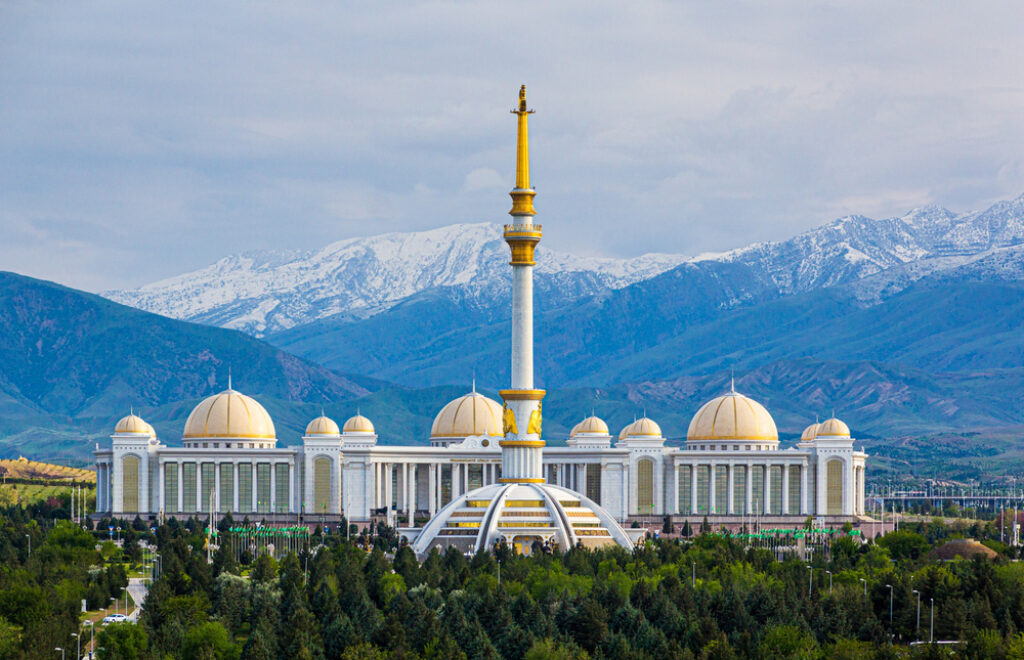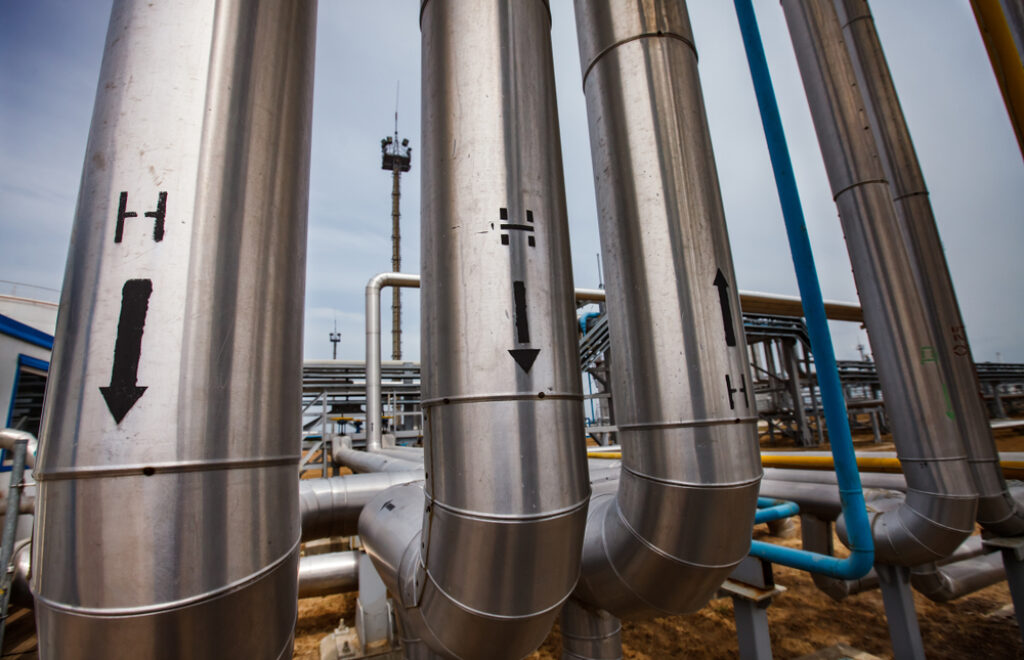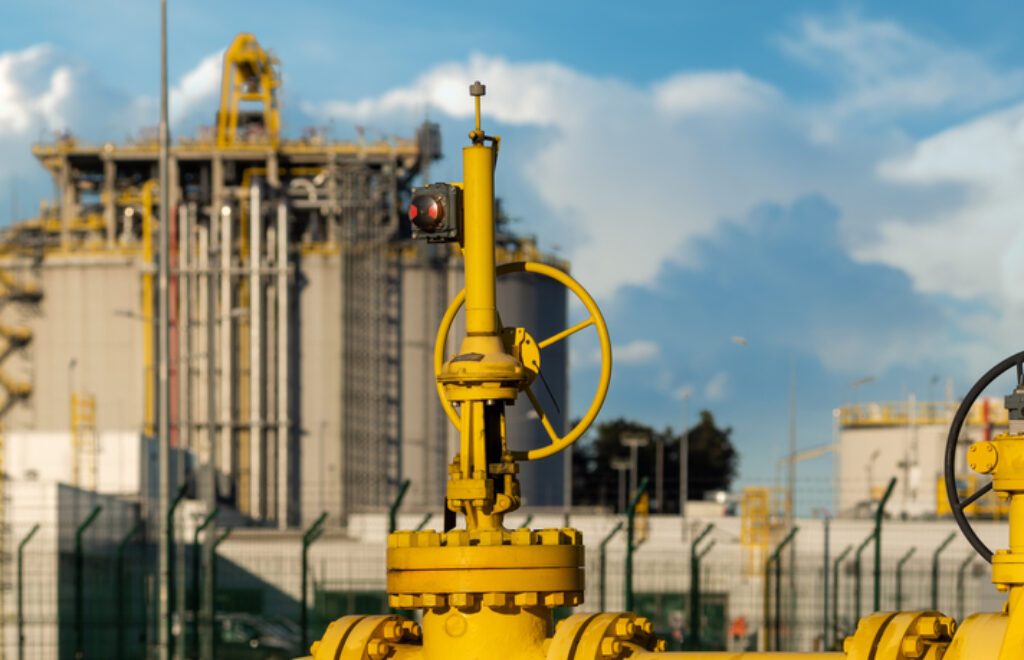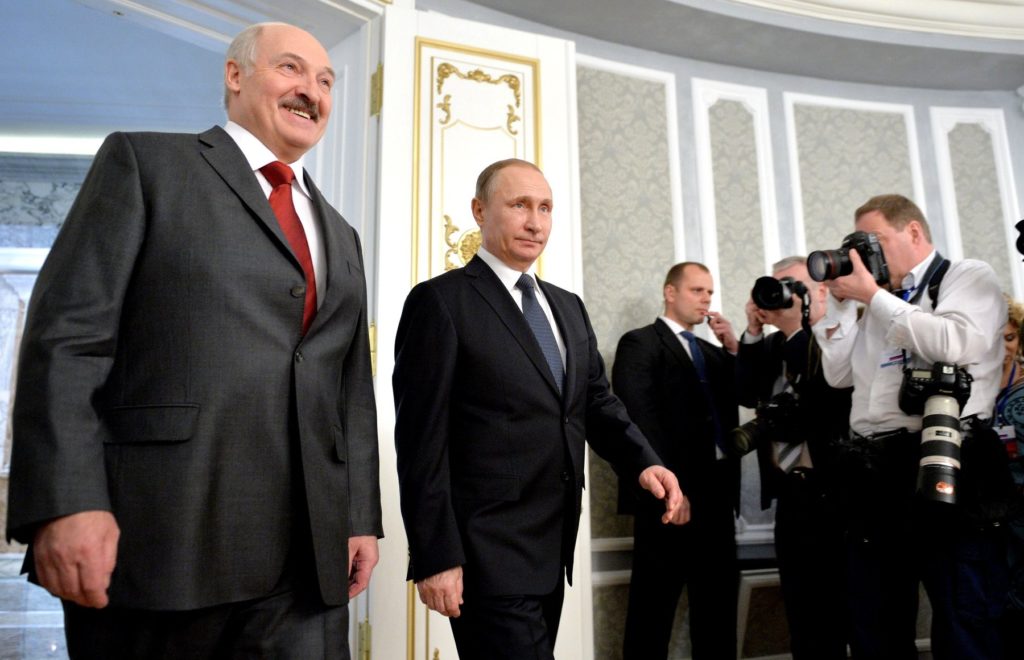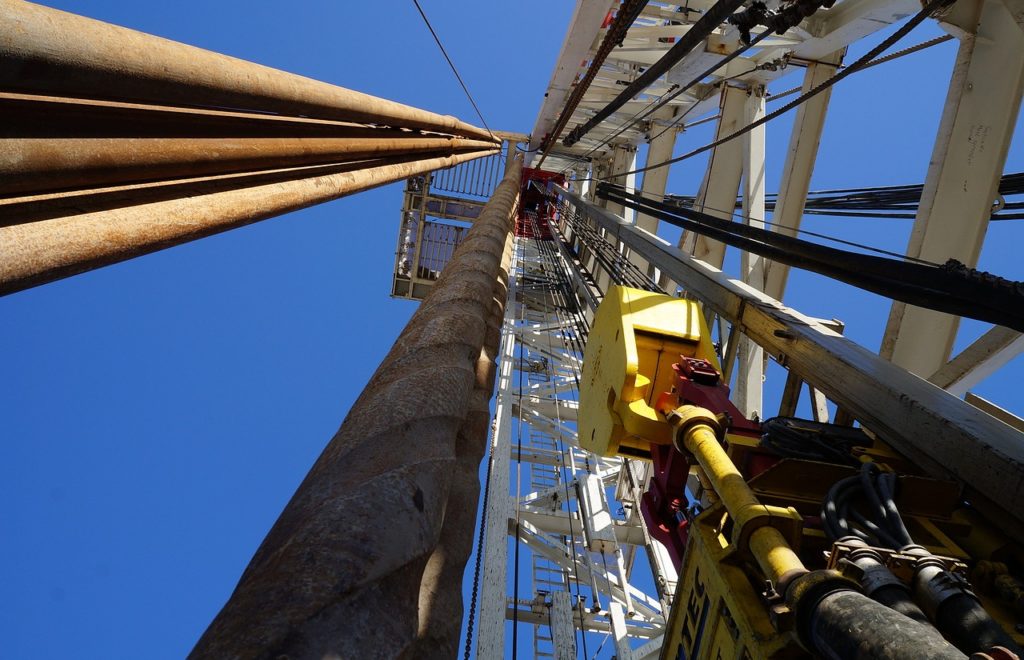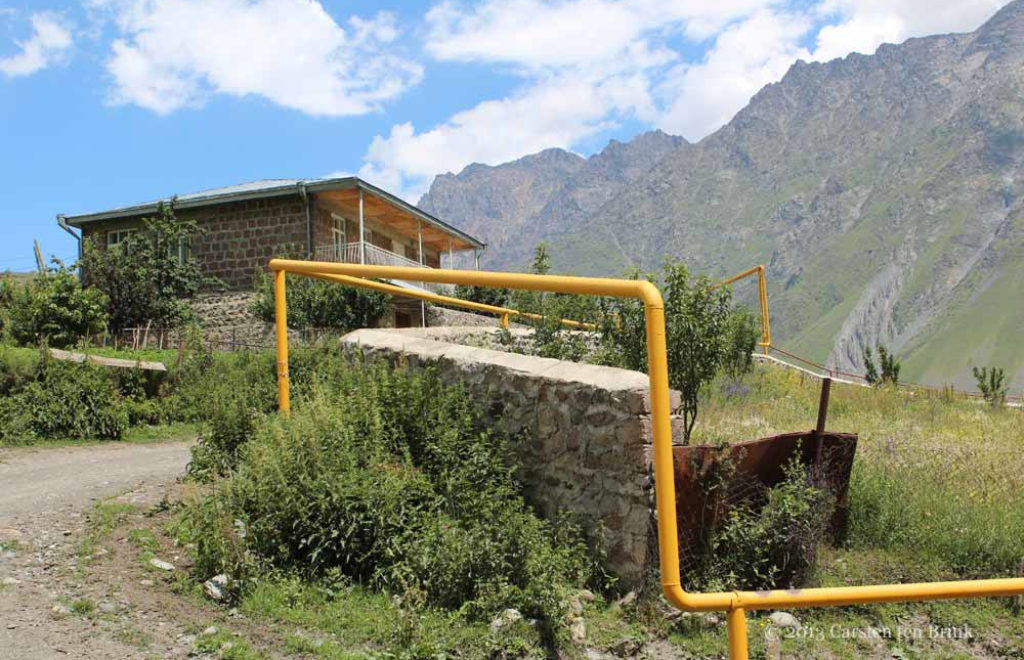A waste of energy
The ups and downs of the global hydrocarbons market strongly affect Turkmenistan, for its economy and exports are heavily dependent on natural gas. The COVID-19 pandemic battered the country, reduced energy demand and worsened domestic woes, such as reported food shortages, emigration and inflation. The economy appears to have struggled to recover from the 2014-15 drop in global energy prices, with IMF data indicating negative growth in 2016, 2019 and 2020. In seeking to recover, Ashgabat appears to be focusing on increasing its dependence on China by enlarging pipeline capacity.
December 7, 2022 - Alexander Malyarenko Dylan van de Ven Samuel Frerichs


